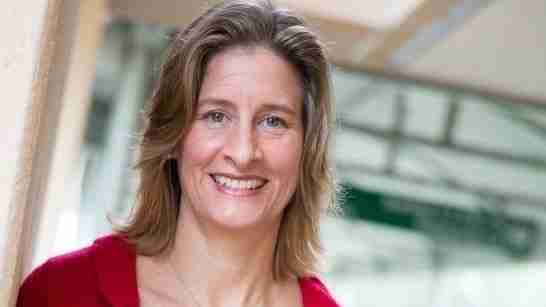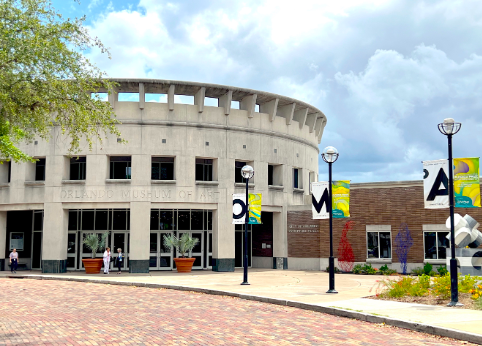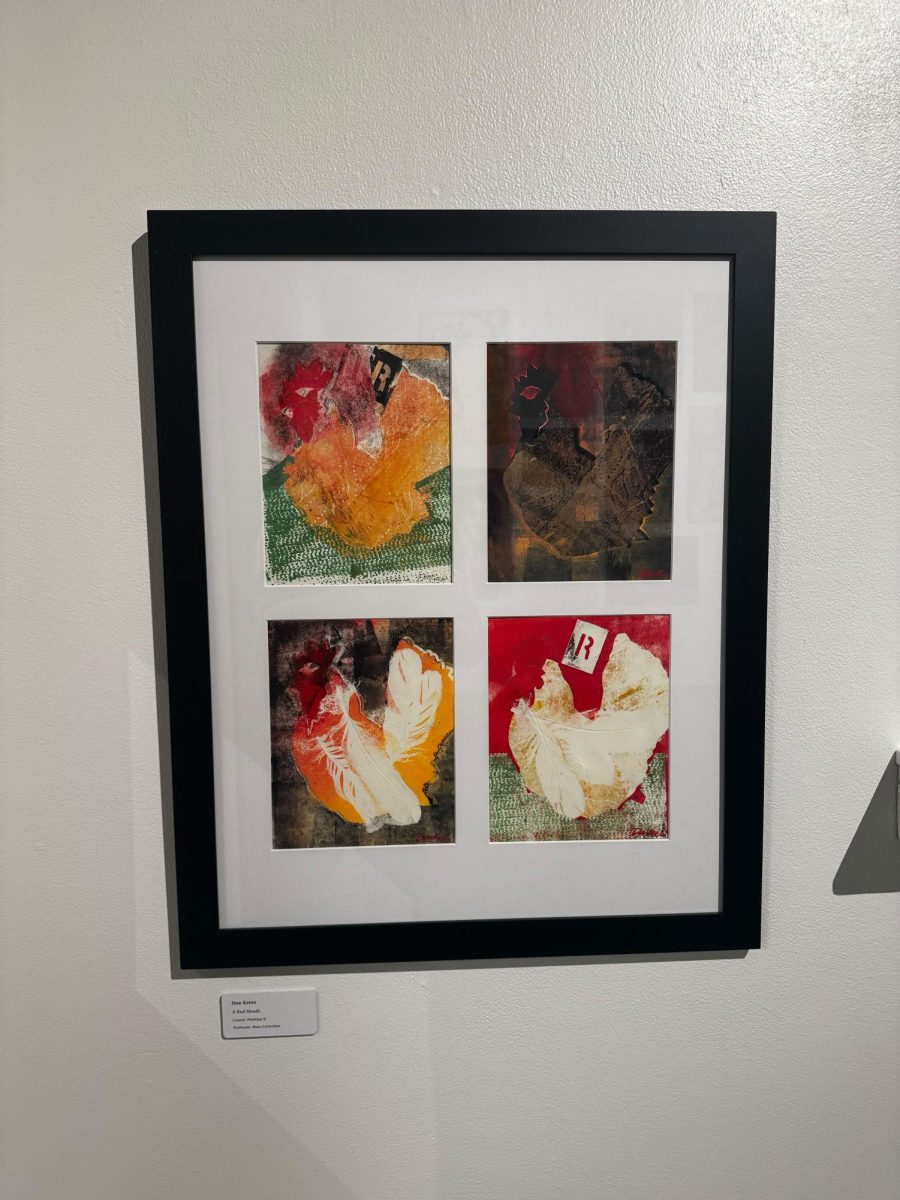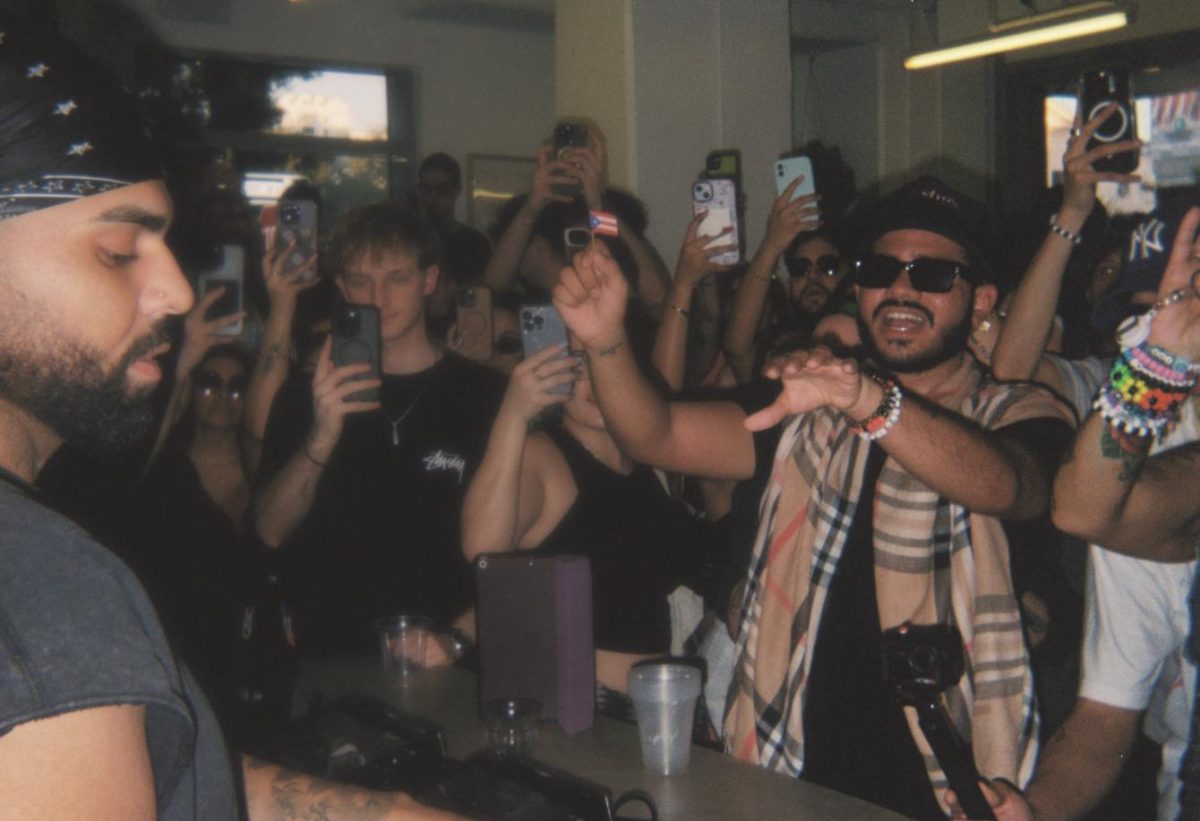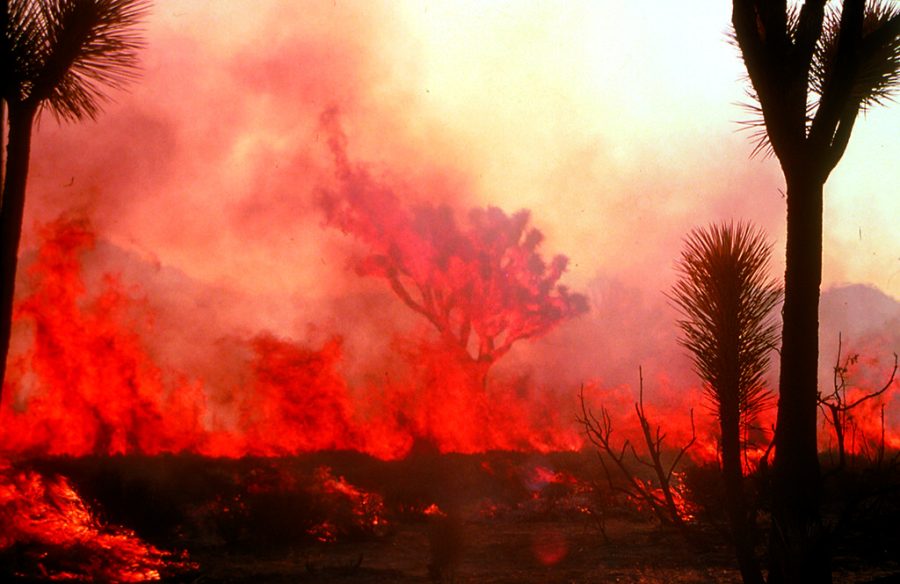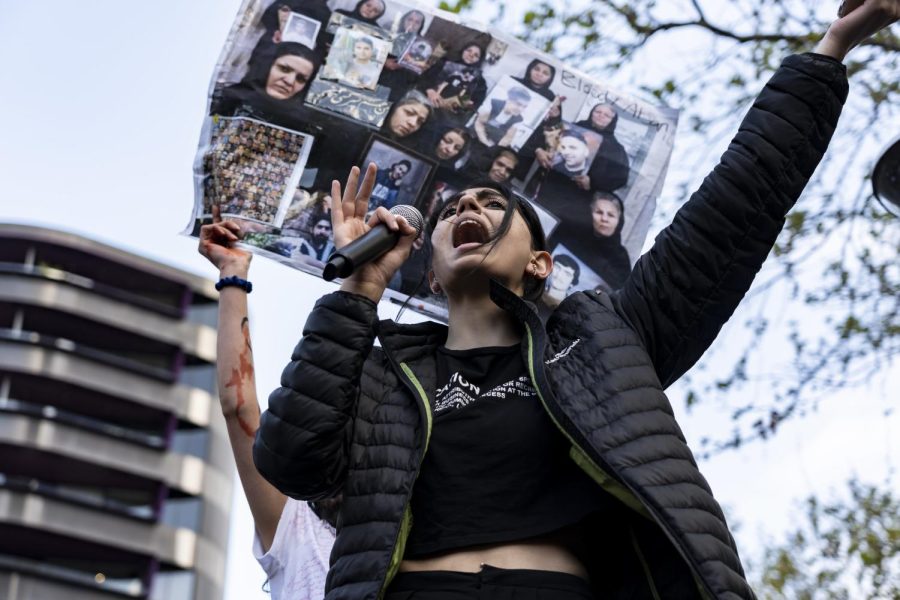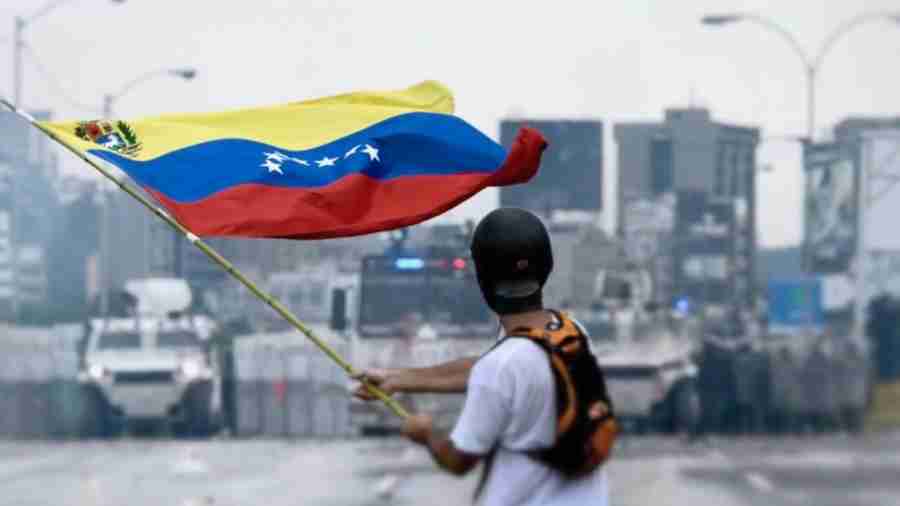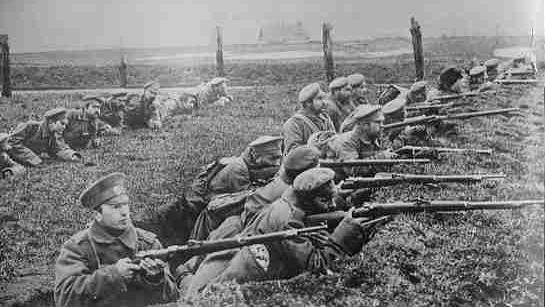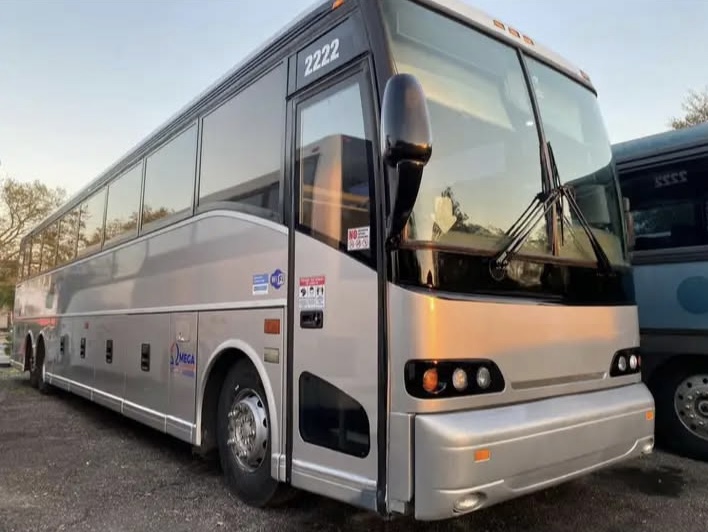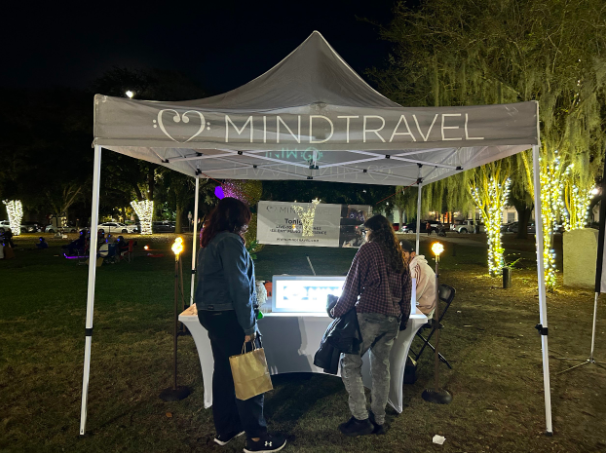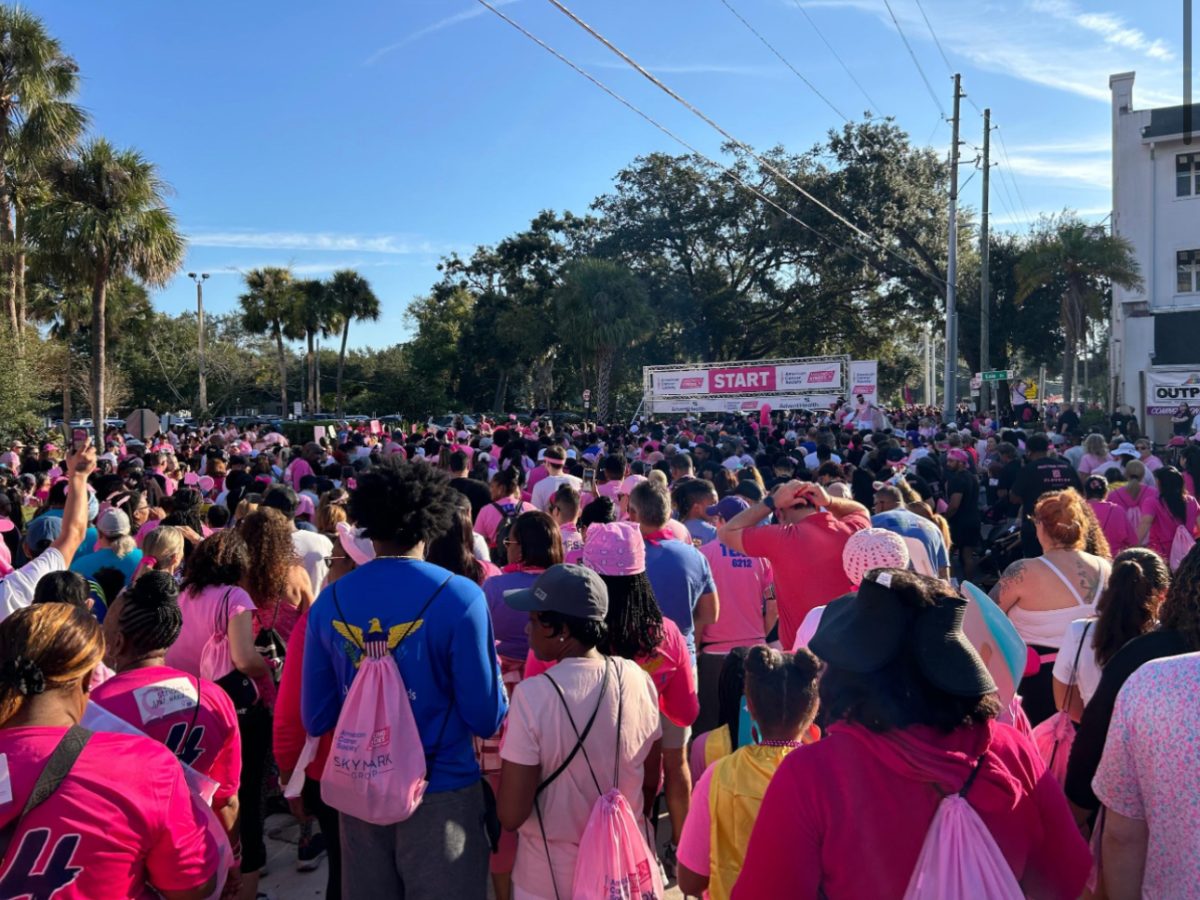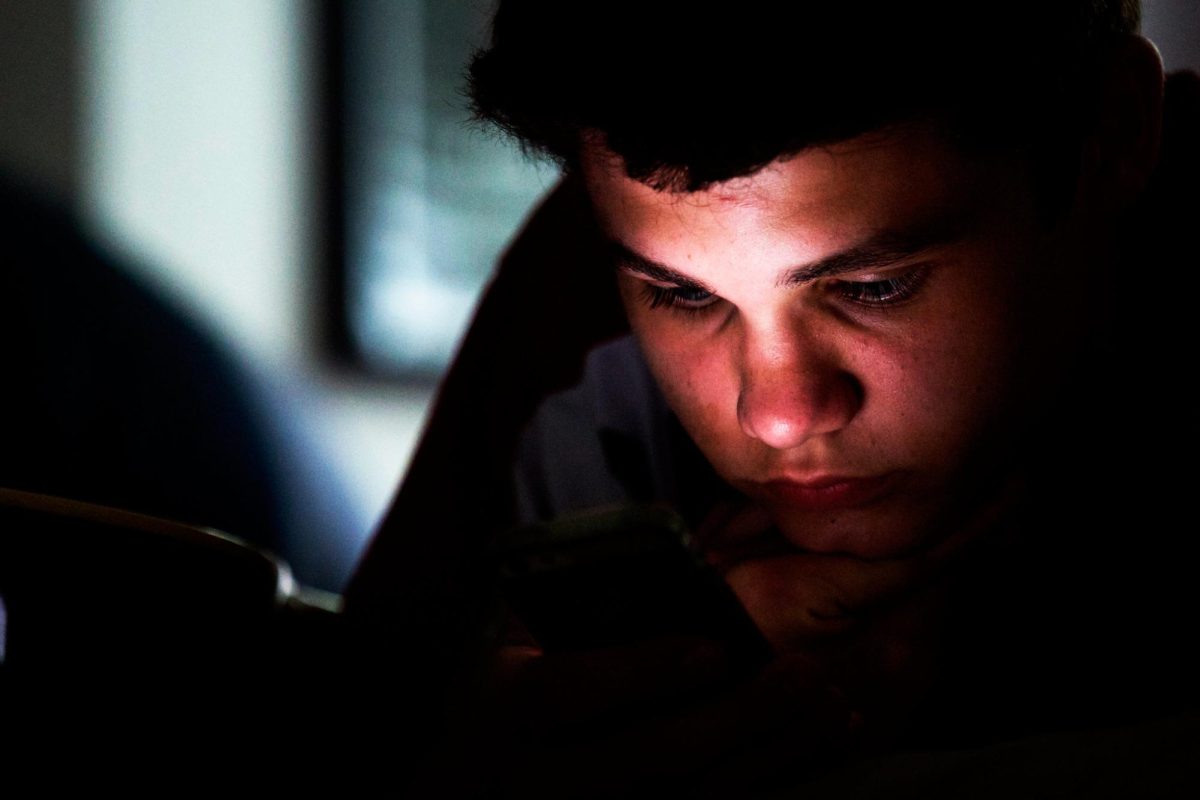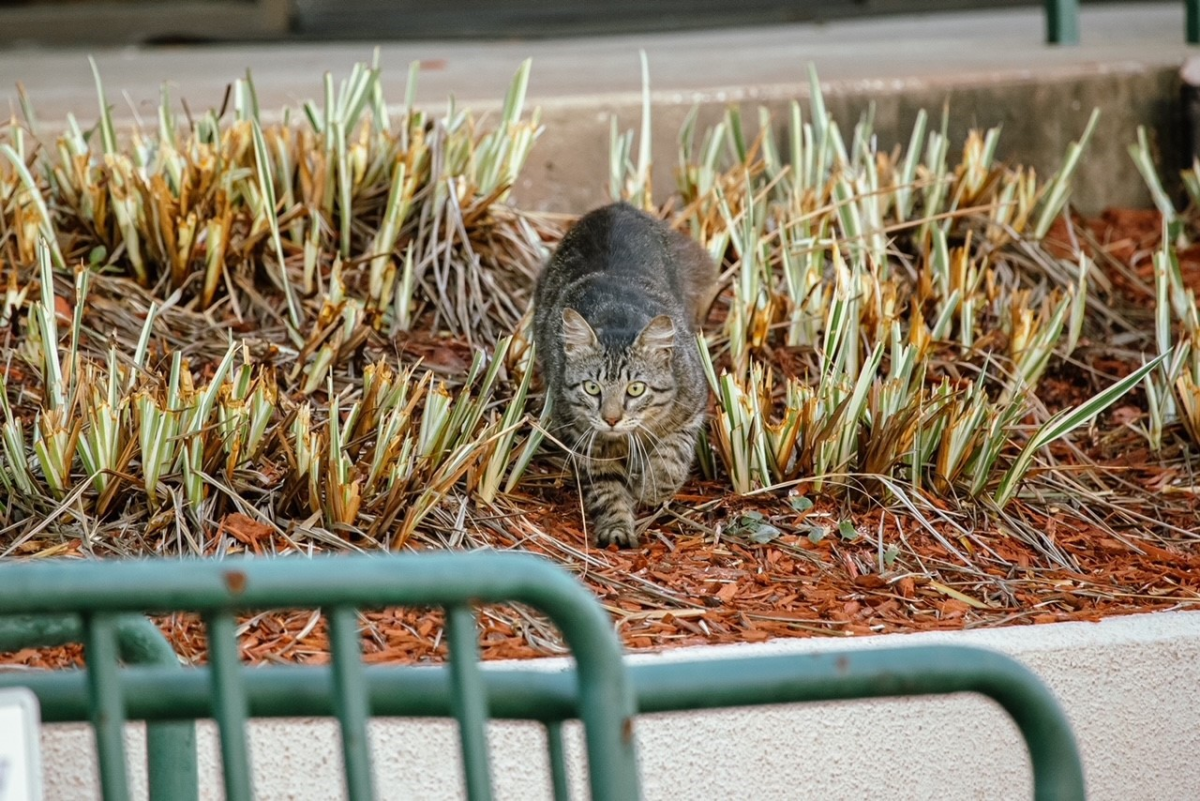Valencia’s Peace and Justice Institute (PJI) focuses on creating a culture of peace and understanding at Valencia College. They host events where students discuss racial and political issues in a safe environment.
“This work started with a small group of faculty and staff back in 2007 saying ‘what would peace look like on campus, what would justice look like,’” explained Rachel Allen, tenured professor and director of PJI.
The program has grown since, so much so that the director, Rachel Allen, recently addressed the United Nations High Level Forum on the Culture of Peace in New York City. She was invited by Career Ambassador for the United Nations Anwarul Chowdhury.
Chowdhury suggested that she come and give suggestions to the member-states on how to create a culture of peace. One of which was using scholastic institutions to educate for peace.
Chowdhury began collaborating with PJI in 2013, when he was brought in as an expert in peace and justice to teach PJI staff about facilitating difficult or uncomfortable discourse around race and politics. Allen was unsure of the possibility of the program at first, but when she met Chowdhury, she knew it was possible.
“Not everybody at this college is really excited and on board of the idea of Peace and Justice Institute,” explained Allen. “People would say ‘this is a big idea you have,’ people sort of laughed at us. When I met him, and I learned that at the level of the United Nations there’s this resolution that was accepted by all member states voted and approved to advance a culture of peace, I said ‘then that’s what we’re doing.’ We are advancing this UN mandate for cultural peace.”
According to un.org, in 1998 Towards a Culture of Peace, a UN peace project, lead to “the General Assembly proclaim[ing] the period 2001-2010 as the International Decade for a Culture of Peace and Non-Violence for the Children of the World.”
During that decade, the U.N. hosted a “high-level dialogue on interreligious and intercultural cooperation for the promotion of tolerance, understanding and universal respect on matters of freedom of religion or belief and cultural diversity,” according to the website.
When I met him, and I learned that at the level of the United Nations there’s this resolution that was accepted by all member states voted and approved to advance a culture of peace, I said ‘then that’s what we’re doing.’ We are advancing this UN mandate for cultural peace.
That dialogue and many other points laid out in the United Nations Declaration and Programme of Action on a Culture of Peace, the U.N.’s action plan for promoting cultural peace world wide, are very similar to initiatives and efforts by PJI.
The U.N. Declaration emphasizes the importance of: tolerance, education, communication, and the need to eliminate all forms of discrimination in order to promote the proliferation of peace. Similarly, PJI hosts many events designed to teach students about other cultures, and how to coexist with and understand them.
Monday began Global Peace week on east campus, which is an annual series of events on east campus in which students discuss current issues surrounding race, politics, and other uncomfortable issues.
This year’s events range from Klan We Talk, a discussion with Daryl Davis who has spent time speaking with disgruntled KKK members, to Use Social Media to Build Peace.
CORRECTION: This article states that Ambassador Anwarul Chowdhury taught PJI about facilitating difficult conversation, he actually told them about the U.N.’s peace initiative. Also, Global Peace Week was a college wide event, not just on East Campus as the article makes it seem.

